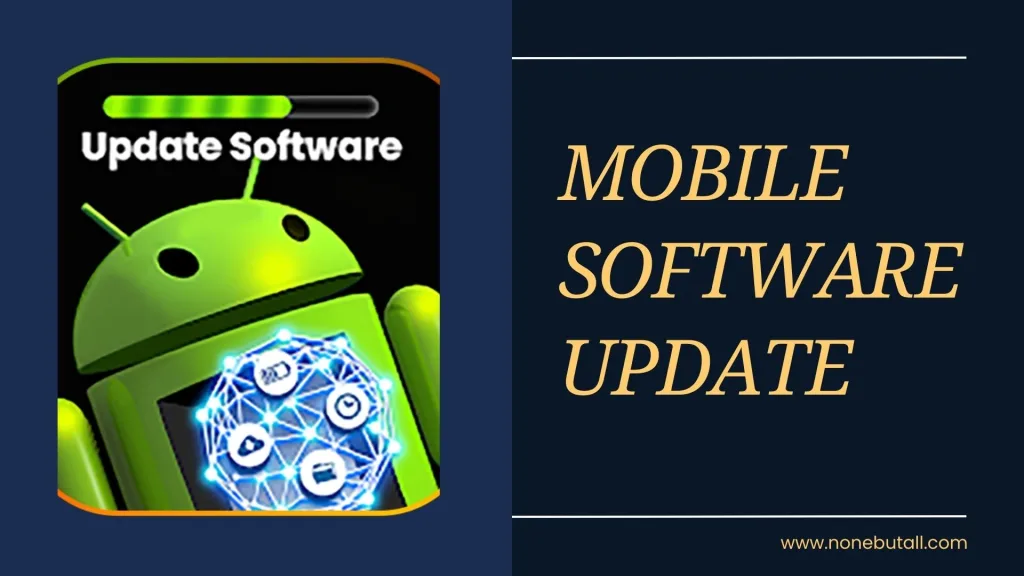Avoid The 10 Common Behaviors That Damage Your Phone
Smartphones have become an essential part of our lives, but many of us unknowingly misuse them in ways that can harm the device or reduce its performance over time. Whether using the latest flagship or a budget-friendly model, avoiding certain mistakes can help extend your phone’s life and enhance your experience. Here are the most common smartphone mistakes — and how to avoid them.
Here are the top 10 smartphone mistakes to avoid for better performance and longer life:
1. Overcharging the Battery
Many people leave their phones plugged in overnight, thinking it’s harmless. But constantly charging your battery to 100% can degrade its health over time. Lithium-ion batteries perform best when kept between 20% and 80%.
Tip: Use features like “Optimized Charging” (available on most newer phones) or unplug the phone once it hits around 80–90%.
2. Ignoring Software Updates
Updates often include new features as well as essential security patches and bug fixes. Ignoring them can leave your phone vulnerable to malware or reduce overall performance.
Tip: Enable auto-updates or set a reminder to update your phone and apps regularly.

3. Using Cheap or Fake Chargers
Not all chargers are created equal. Using poor-quality or counterfeit chargers can damage your phone’s battery and even cause overheating or fire hazards.
Tip: Always use the original charger or trusted third-party brands that are certified (look for “Made for iPhone” or USB-IF certification for Android).
4. Running Too Many Apps in the Background
Many users keep multiple apps open without realizing it slows down the phone, drains the battery, and uses up mobile data.
Tip: Periodically close unused apps or restart your phone once in a while to refresh system resources.
5. Not Using a Screen Protector or Case
Modern smartphones are built with tough materials, but they’re not indestructible. One accidental drop can cost you a screen replacement.
Tip: Invest in a good-quality case and tempered glass screen protector. It’s a small price for long-term protection.
6. Neglecting to Back Up Data
You never know when your phone might get lost, stolen, or crash. If you don’t have a backup, you risk losing important photos, contacts, and files.
Tip: Use Google Drive, iCloud, or other cloud storage options to back up your data regularly.
7. Using Public Wi-Fi Without Protection
Public Wi-Fi is convenient but often unsecured. Hackers can intercept your data and access sensitive information.
Tip: Avoid logging into banking or personal accounts on public Wi-Fi. Use a VPN if you must access sensitive information.
8. Storing Too Much Data
Filling up your internal storage to the brim can slow down your phone, reduce app performance, and prevent updates from installing.
Tip: Delete unused apps, move photos to the cloud, and clear cached data regularly.

9. Ignoring App Permissions
Many apps ask for access to data they don’t need, like a flashlight app requesting access to your contacts.
Tip: Review app permissions and disable anything unnecessary to protect your privacy.
10. Not Restarting the Phone Occasionally
Just like computers, phones benefit from a fresh restart. It clears temporary files, closes background apps, and helps fix minor glitches.
Tip: Restart your phone at least once a week to keep it running smoothly.
Final Thoughts
By avoiding these common smartphone mistakes, you can boost your device’s performance, extend its life, and protect your data. A little attention to how you use your phone goes a long way — and your future self (and wallet) will thank you.
Frequently Asked Questions (FAQ)
1. Is it bad to leave my phone charging overnight?
Answer: Yes, consistently charging overnight can slightly reduce battery health over time. Most modern phones manage charging well, but it’s best to unplug around 80–90% or use features like “Optimized Charging.”
2. Do software updates matter?
Answer: Absolutely. Software updates often include critical security patches, bug fixes, and performance improvements. Ignoring them can leave your phone vulnerable and slow.
❓3. Can using cheap chargers damage my phone?
Answer: Yes. Poor-quality or counterfeit chargers can overheat your phone, damage the battery, or even pose a fire risk. Always use original or certified third-party chargers.
4. How often should I restart my smartphone?
Answer: Restarting your phone once a week is a good habit. It helps clear background processes, free up memory, and fix minor glitches.
5. What apps should I avoid granting unnecessary permissions to?
Answer: Be cautious with apps that request access to data they don’t need, like a calculator asking for location or contacts. Check app permissions regularly in your phone settings.
6. Is it okay to fill up my phone storage completely?
Answer: No. A nearly full storage slows down your phone and can prevent updates from installing. Keep at least 10–15% of your storage free.
7. How can I safely use public Wi-Fi on my phone?
Answer: Avoid accessing banking or sensitive apps on public Wi-Fi. Use a trusted VPN to encrypt your connection if necessary.
8. What’s the best way to back up my phone data?
Answer: Use cloud services like Google Drive or iCloud for automatic backups. You can also manually back up to a computer or external drive for extra safety.
